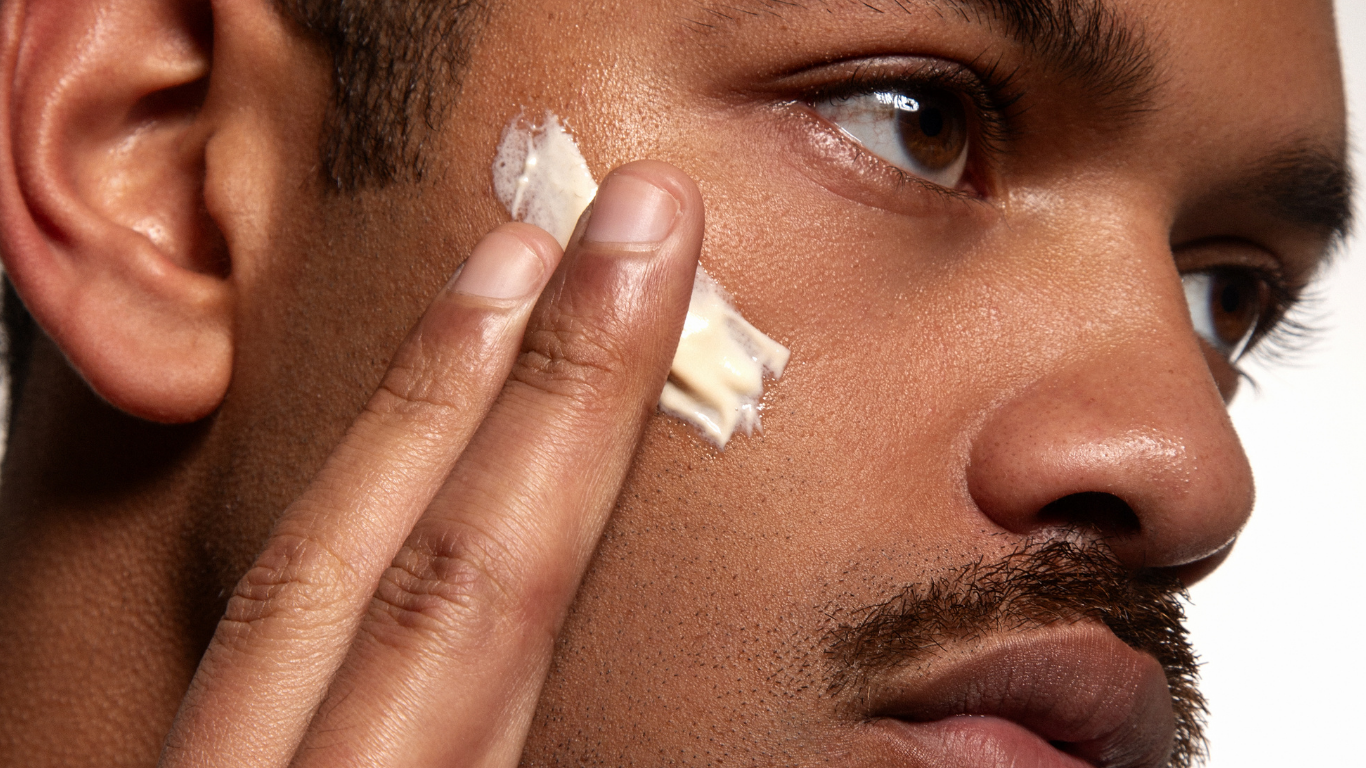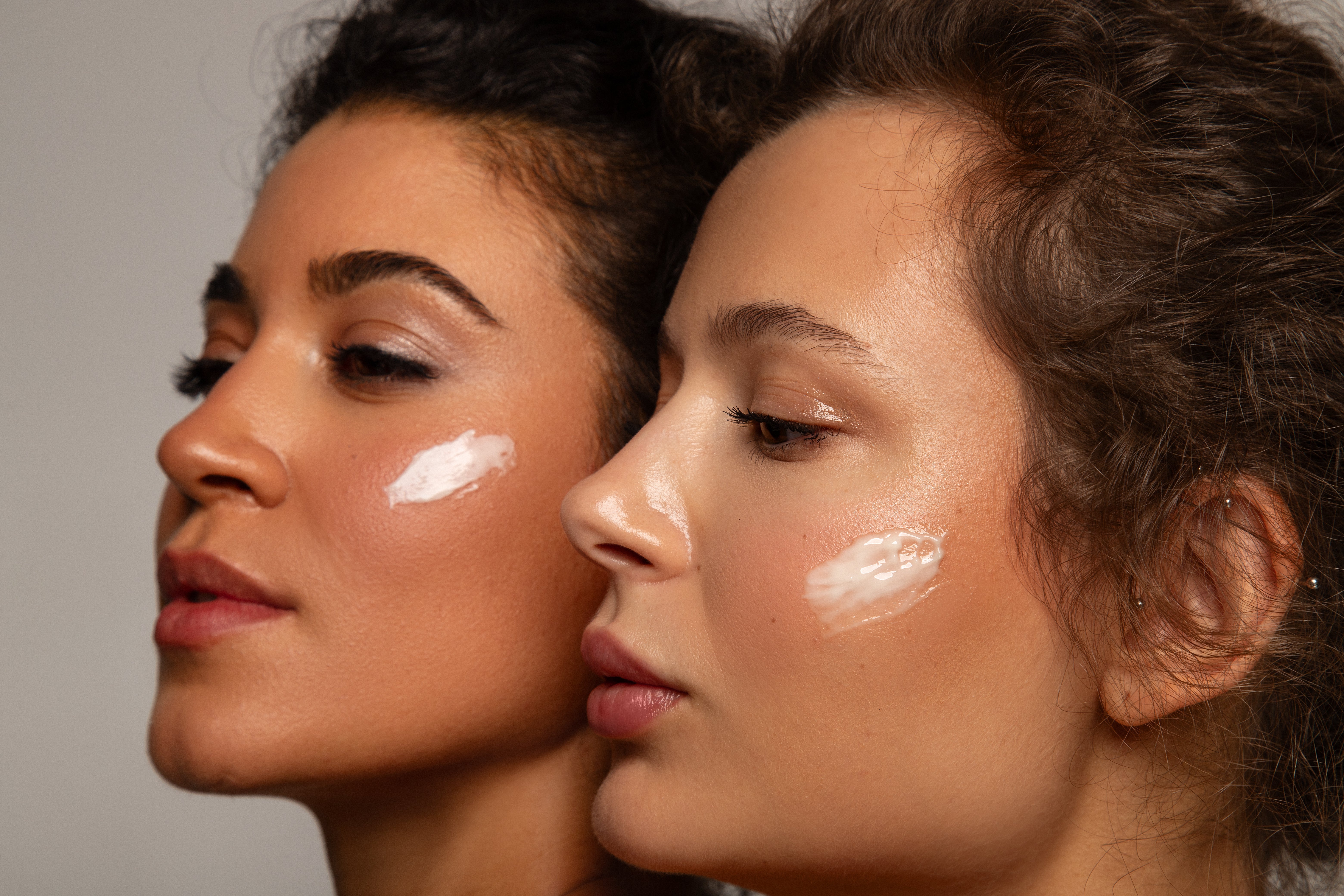Acne. The word alone can bring a wave of frustration. For many, it's not "just pimples" but a chronic inflammatory skin condition that deeply impacts not only appearance but also self-esteem, confidence, and overall well-being. As cosmetologists, we understand this journey is personal and often challenging, requiring consistent attention and a mindful, long-term approach to care.
At Bazacosmetics, we believe that understanding your skin is the first step towards achieving clarity. Let's explore what acne truly is, why it occurs, and how, with the right strategies and products, you can effectively manage this persistent condition, empowering you to feel more comfortable and confident in your skin.
What Exactly Is Acne?
From a cosmetologist's view, acne is a complex, chronic condition that primarily affects your sebaceous (oil) glands and hair follicles. It typically develops when a combination of factors create the perfect storm within your pores:
-
Excess Sebum Production: Your skin's natural oil, sebum, is produced in overdrive, often due to hormonal fluctuations.
-
Improper Cell Shedding: Dead skin cells, instead of shedding naturally, stick together and mix with excess oil, creating a sticky plug within the pore.
-
Bacterial Overgrowth: This clogged environment becomes an ideal breeding ground for Cutibacterium acnes (C. acnes), a common skin bacteria that thrives in oxygen-deprived pores.
-
Inflammation Development: The multiplying bacteria and blocked pore trigger an inflammatory response, leading to the tell-tale redness, swelling, tenderness, and various types of acne lesions (blackheads, whiteheads, papules, pustules, cysts, nodules).
This cycle can be persistent, flaring up and calming down over months or even years. This is why we approach acne as a chronic skin concern that benefits immensely from consistent, targeted daily care, rather than a one-time fix.
Insights from the Field: Even clinical guidelines, such as those from the American Academy of Dermatology (Zaenglein AL et al., 2016), underscore that acne is a chronic condition rarely resolving on its own, emphasizing the need for ongoing management, which cosmetologists can effectively support through proper skincare.
What Causes Acne? Dispelling the Myths
Let's clear up some common misconceptions right away! Acne is not caused by "dirty skin" or "eating bad food" (though diet can be a contributing factor for some). It's a multifactorial condition influenced by several key elements:
-
Hormonal Fluctuations: Androgens (male hormones present in both sexes) are major players, stimulating sebum production, especially during puberty, menstruation, pregnancy, and times of stress.
-
Genetics: If your parents or siblings experienced acne, you're more likely to as well.
-
Stress: While not a direct cause, stress can certainly exacerbate acne. Increased cortisol levels can trigger oil glands and inflammation.
-
Pore-Clogging Skincare or Makeup: Using products that are "comedogenic" (pore-clogging) can directly contribute to breakouts. Always look for "non-comedogenic" labels!
-
Improper or Harsh Skin Routines: Over-cleansing, aggressive scrubbing, or using irritating products can disrupt your skin barrier, leading to more inflammation and potentially worse breakouts. Gentle yet effective care is key.
Why Is It Important to Treat Acne?
Acne is far more than just a cosmetic concern. Untreated or poorly managed acne can have significant lasting impacts:
-
Post-Acne Marks: Lingering redness (post-inflammatory erythema) or brown/purple spots (post-inflammatory hyperpigmentation) can remain long after a blemish heals.
-
Scarring: More severe or persistent acne can lead to permanent textural changes like ice pick, boxcar, or rolling scars.
-
Weakened Skin Barrier & Increased Sensitivity: Constant inflammation can compromise your skin's protective barrier, making it more prone to dryness, redness, and sensitivity.
-
Emotional Distress: We see firsthand how acne impacts self-esteem. Studies, like Rapp DA et al. (2004), have shown that acne can negatively affect quality of life to the same degree as chronic health conditions like asthma or diabetes. Supporting mental well-being alongside skin health is vital. Link to study
How Is Acne Treated?
Acne cannot be cured by a single product or by simply "letting the skin breathe." Successful management requires a tailored, consistent approach that addresses the underlying factors. As cosmetologists, we focus on empowering you with the right skincare routine and product choices:
-
Targeted Topical Treatments: These are the cornerstone of acne management. We guide you toward products containing active ingredients like:
-
Retinoids (e.g., Adapalene, Retinal): Essential for normalizing cell turnover and preventing clogged pores.
-
Benzoyl Peroxide: Kills acne-causing bacteria and helps shed dead skin cells.
-
Azelaic Acid: Reduces inflammation, redness, and has antibacterial properties.
-
Salicylic Acid (BHA): A go-to for oily and congested skin, as it penetrates oil to exfoliate inside the pore.
-
Discover a curated selection of these potent ingredients formulated for acne-prone skin on Baza Cosmetics
-
Optimized Skincare Routines: Gentle cleansing with sulfate-free formulas, lightweight and non-comedogenic moisturizers, and daily broad-spectrum sunscreen are crucial for supporting your skin barrier and preventing further irritation.
-
Professional Guidance: For more severe or persistent cases, we always recommend consulting a dermatologist who can assess your specific needs and may prescribe oral medications (like antibiotics, hormonal therapies, or isotretinoin). Your cosmetologist can then help you integrate these medical treatments with a supportive daily skincare routine.
-
Lifestyle Support: Stress management techniques, a balanced diet, and adequate sleep can all play a supportive role in managing acne triggers.
Acne: A Long-Term Commitment, Not a One-Time Fix
The chronic nature of acne means that even after active breakouts improve, relapses can occur. This is why maintenance therapy and a proactive mindset are just as important as initial treatment. Long-term skin health requires:
-
Ongoing Topical Care: Continue using your targeted active ingredients regularly, even when your skin is clear, to prevent future breakouts.
-
Non-Comedogenic Products: Make "non-comedogenic" your skincare mantra for all products – from cleansers and moisturizers to makeup. Bazacosmetics clearly labels products suitable for acne-prone skin.
-
Preventive Strategies: Be mindful of potential triggers during hormonal changes, periods of stress, or when introducing new products.
-
Patience and Consistency: Clear skin is a journey, not a destination. Consistent effort and the right approach will yield sustainable results.
Evidence-Based Approach: Comprehensive reviews, such as Tan JKL & Bhate K (2015), consistently emphasize that ongoing maintenance treatment is essential to prevent relapses and sustain clear skin. This scientific understanding guides our cosmetological approach to long-term care.
Key Takeaways for Your Clear Skin Journey
-
Acne is a medical skin condition: It's complex, and it's not your fault. You don't have to navigate it alone.
-
Personalized treatment is key: What works for one person might not work for another. Understanding your specific acne type and triggers is vital.
-
Skincare is powerful: The right routine, featuring targeted ingredients and gentle care, is fundamental to managing and preventing breakouts.
-
Holistic approach: Hormones, stress, and lifestyle choices all play a role. Address them where possible.
-
Consistency + Patience = Sustainable Results: With the right strategy and a long-term commitment, achieving and maintaining clear, healthy skin is absolutely possible.
Ready to build your effective acne management routine? Explore our curated selection of expert-approved, non-comedogenic, and active-ingredient-rich products for acne-prone skin at Bazacosmetics.com



